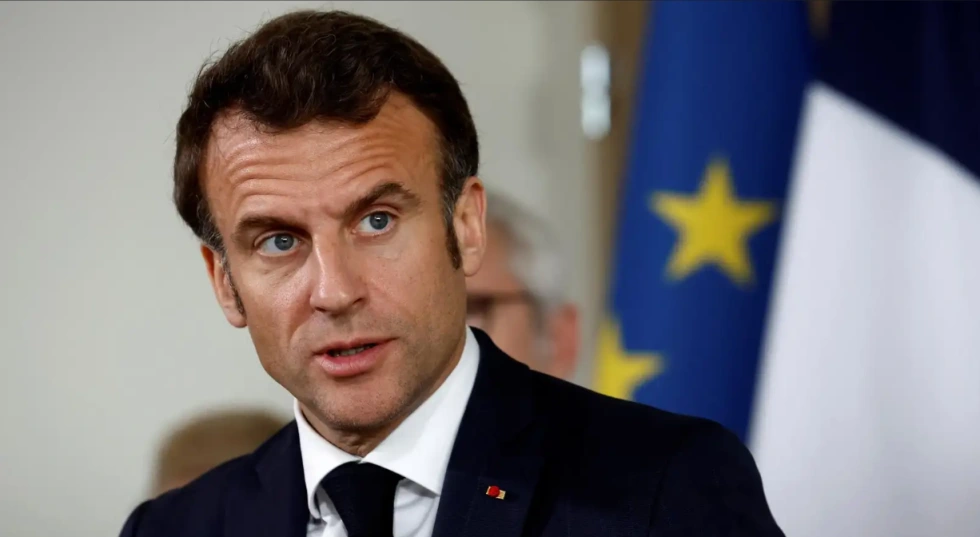The French government presented a draft law to the Council of Ministers to reform the economic incentives granted for the purchase of electric cars.
It will affect foreign manufacturers, whose sales will be explicitly discouraged.
The document presented on Wednesday, May 17, establishes that state incentives will be directed towards companies that meet certain pollution standards by analyzing their entire environmental footprint.
Bruno Le Maire, the French Minister of Economy, Finance, and Industrial and Digital Sovereignty, explicitly states that the proposed measures will reserve the bonus for vehicles produced in Europe.
In this regard, he declares, “Electric cars manufactured on our continent emit, on average, 45% less than vehicles produced outside of it. Additionally, we do not intend to publicly finance the development of factories in Asia.“
Thus, with the aim of protecting the national fleet of vehicles produced with unsustainable materials, the purchase of Asian cars or brands that import them from that region, such as Tesla, is discouraged.
While the American automaker already has the Gigafactory Berlin in operation, where it manufactures the Model Y, the majority of vehicles it sells in Europe come from Shanghai.
“We are going to support batteries and vehicles manufactured in Europe because their carbon footprint is good. We will not use French taxpayers’ money to boost non-European industries,” says Macron.
The French government’s measure has already received criticism for its protectionist nature. However, the response is that they aim to address a “triple challenge of sovereignty, sustainability, and prosperity.”
Nevertheless, it remains to be seen if all European car factories will be able to meet the French emission criteria.
Considering that the proposal disregards manufacturers that emit during the transportation of their products and come from countries where energy generation depends on coal, Germany is watching the measure closely.
The government’s intention is for the proposed legislation to be implemented before the end of the year, which could affect the purchase of Chinese cars in Europe starting in 2023.
In 2022, China’s exports of electric vehicles to Europe increased from 11% to 16%.
According to the China Association of Automobile Manufacturers, Chinese companies exported a total of 1.37 million vehicles between January and April of this year.
In April alone, the monthly export volume reached a record-breaking figure of 376,000 units, a year-on-year increase of a staggering 170%.
The main European markets for Chinese car exports are the United Kingdom, Belgium, and Germany.
Stellantis: “It’s a very bleak scenario”
The CEO of the multinational, Carlos Tavares, believes that the first electric vehicle purchased by middle-class households in Europe will be Chinese.

He explains that this is due to the final price of Asian vehicles, which have production costs in China that are 40% lower than in the European Union due to lower environmental standards and cheap energy.
The CEO is calling on politicians in the region and asking for assistance for his company.
He expresses that otherwise, Stellantis, BMW, and Volkswagen will have to “face a terrible battle” with Chinese competition due to the price differences.
Tavares states that if European politicians fail to protect local industries, they will be forced to move production to cheaper countries to reduce costs and compete.
“It’s a very bleak scenario,” he states.
In this regard, he suggests that an alternative solution would be to “reindustrialize” Europe, but it would require changing trade agreements that limit the activity of the European industry in Asia, something that many German companies would not support.
“In the current context, if nothing is done in the European Union, there will be a fierce fight,” warned the CEO.
For now, we have to wait and see if Macron’s proposal spreads to other members of the European Union.
And whether the assistance requested by Tavares can indeed be addressed through the modification of national subsidy schemes.







